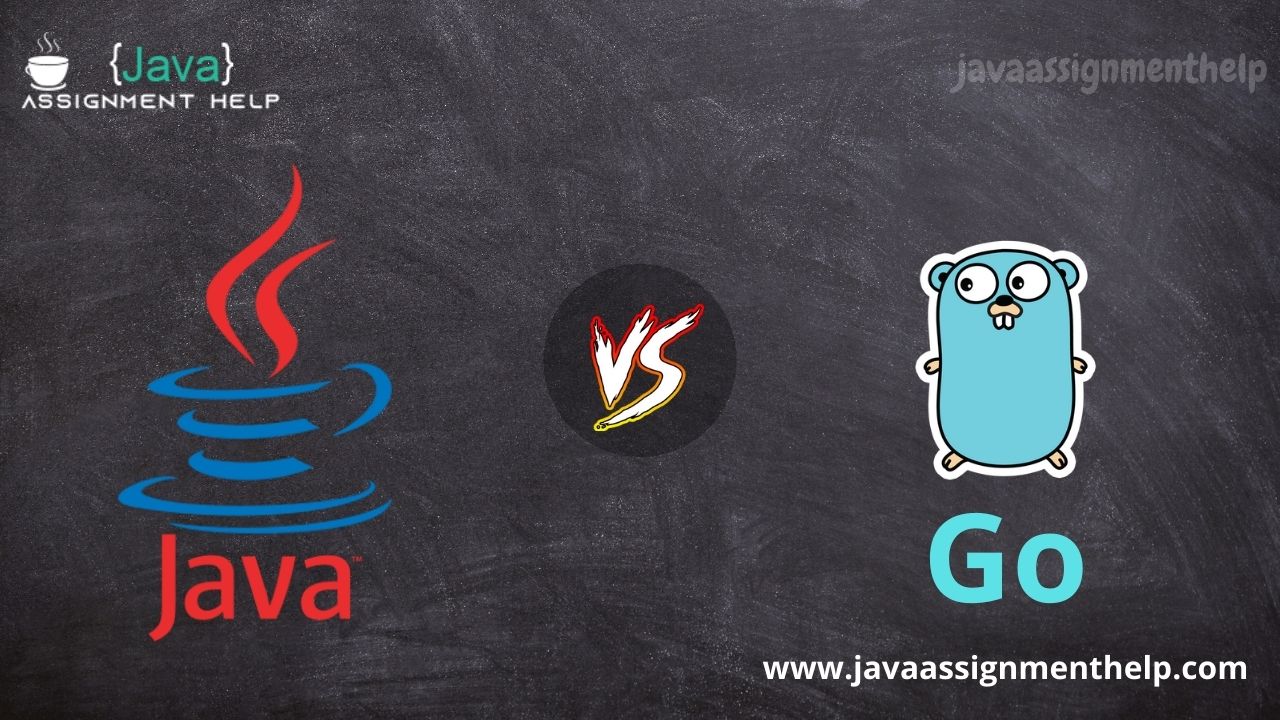Every time we turn around in the never-ending battle of programming languages, a new programming language emerges to be the new cool kid on the block. We’re talking about Go right now (Golang). Developers are usually perplexed about which programming language is suitable for their project because there are so many to pick from. As a result, today’s topic will be Java vs Go. Both Java and Go are widely used programming languages that compete for server-side web application control.
Java is a 25-year-old language, but Golang is only a few years old. Regardless, both of these programming languages produce trustworthy and efficient applications. The Java programming language has dominated the software development business for years, but Golang is gaining traction.
Java vs Go the main Differences
The following are the primary differences between Java and Go:
Memory management
Memory management in Java is handled by the JVM, which contains garbage collection for automating memory management tasks. Golang, on the other hand, is compiled to machine code and runs directly, giving it the best memory management option. Go is object-oriented and functional in some ways. It can alternatively be described as a cross between C and C++. Golang uses a reference registry and interacts with external C code during runtime. The exact pointers are unknown to the execution system. Analyzing the memory allocated can yield useful information. So, in the Go vs Java: Memory Usage battle, Go comes out on top.
Communities
Java has a large support network of thousands of programmers and has been around for a long time. Its allure is enhanced by the fact that there are so many experts on it on the internet. They have outstanding knowledge of Java because some of them have been using it for over 20 years.
We are not, however, implying that Golang lacks a community. If Java’s community is made up of the world’s most seasoned specialists, Go’s is made up of enthusiastic novices. Because Go is such a new language, the community is still very energetic and involved. While Go lacks the legacy of Java, it does have a wealth of tools, including example code, open-source libraries, and ready-to-help Go developers.
Features
The Java community has been using the language for a long time. They requested that other features be added to the language, and many of their requests have been fulfilled. As a result, Java is likely to include all of the features you require.
Go, on the other hand, is designed to be simple. As a result, it is expected to have less features. Furthermore, it is written in a way that everyone can understand and employs a comparable code structure so that the next programmer may start up where the last one left off. While this may appear to be a bit constraining, it really results in fewer or no headaches while working in a group.
Speed
In the Java vs Go competition, speed is a critical issue. Go is faster than Java due to the way it is compiled. It does not use a virtual machine to compile its code. Instead, it is compiled directly into a binary file.
The Java Virtual Machine must first compile Java to bytecode before it can be compiled to machine code. While this is advantageous to Java’s software, it slows it considerably.
Error handling
In Java, exceptions are used to handle errors. Go, on the other hand, uses errors to indicate events such as file end-of-file and runtime panics to indicate runtime issues such as trying to index an array out of bounds.
Summary
We have provided extensive information regarding Java versus Go in this blog. Both Java and Go are useful and capable programming languages, despite their huge differences. Whether you choose the exciting newcomer Go or the legendary language Java is totally up to you.
Moreover, If you want to discover more about Java vs Go, then you can visit our site.

